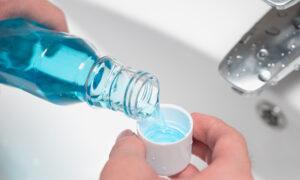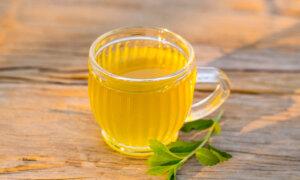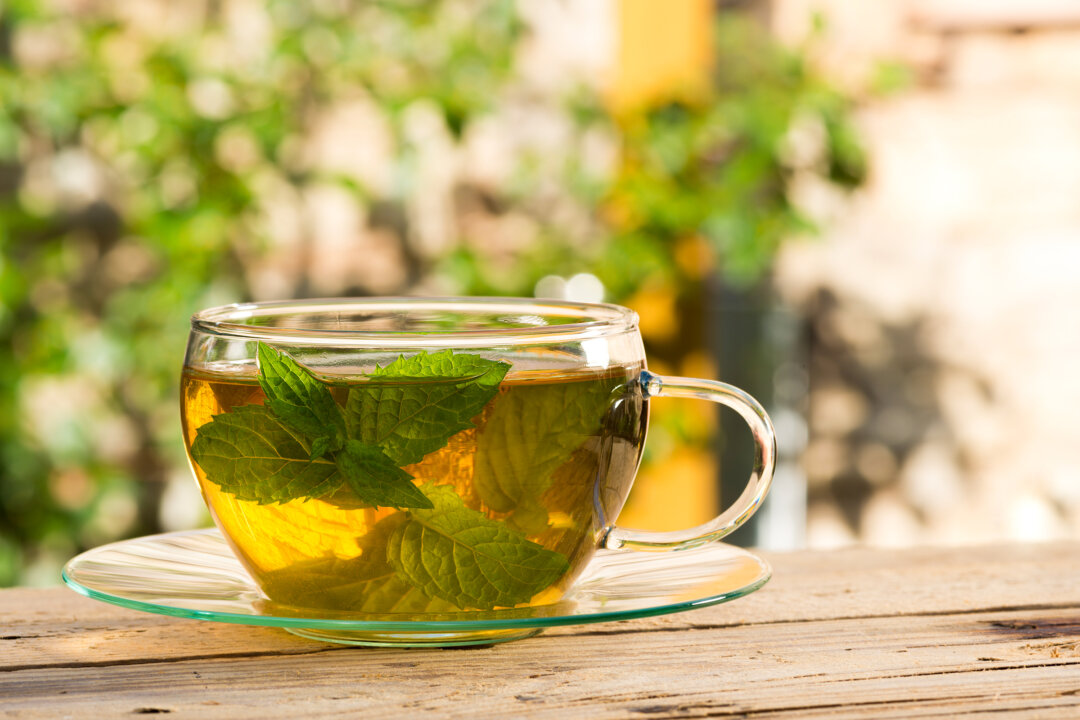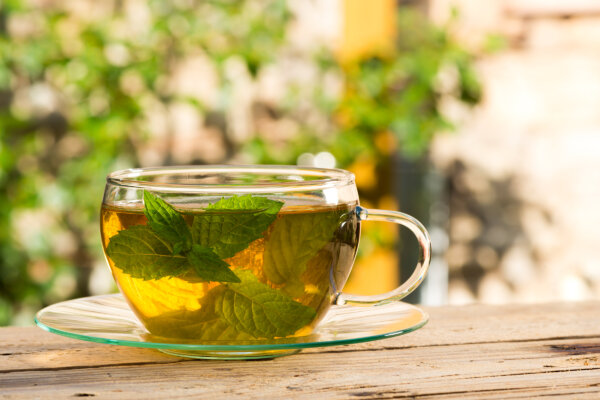Certain Teas May Inactivate COVID-19 Virus, Lab Study Finds
But experts caution against overstating potential real-world benefits.
A cup of tea could be a powerful weapon in the fight against COVID-19, according to a new study that found several common varieties can effectively inactivate the SARS-CoV-2 virus in saliva.
The research offers a glimmer of hope that something as simple as your morning brew could help curb the spread of the pandemic virus.
Popular Teas Found to Drastically Reduce SARS-CoV-2 Levels in Just Seconds
Researchers studied 24 commercially available teas and identified five that significantly reduced SARS-CoV-2 levels in saliva. These were raspberry zinger, eucalyptus mint, mint medley, green tea, and black tea.
The team prepared a drinkable tea infusion using one tea bag steeped in a cup of water for 10 minutes, without any additions like milk or sugar. They then tested each tea either as a beverage or as a gargle.
Black tea proved the most potent. This matters because COVID-19 primarily infects and replicates in the oral cavity before spreading to the lungs, according to the study authors.
“Inactivating SARS-CoV-2 in the mouth and throat potentially reduces the introduction of the virus to the lower respiratory system,” Malak Esseili, a virologist with the University of Georgia Center for Food Safety in the College of Agricultural and Environmental Sciences, said in a statement.
Study Adds to Growing Body of Research on COVID-Killing Potential of Oral Rinses
In a 2021 study, published in Pathogens, researchers found that two types of mouthwash could disrupt the COVID-19 virus under laboratory conditions, preventing it from replicating in human cells.
Specifically, the researchers determined that Listerine and a prescription mouthwash containing chlorhexidine could disrupt the virus within seconds when diluted to concentrations mimicking actual usage.
Two other types of mouthwashes—Betadine, which contains povidone-iodine, and Colgate Peroxyl, which contains hydrogen peroxide—were also found to potentially be effective at preventing viral transmission.
However, only Listerine and chlorhexidine were able to effectively disrupt SARS-CoV-2 while having minimal impact on the delicate skin cells inside the mouth that form a protective barrier against infection.
“Both Povidone-iodine and Peroxal caused significant skin cell death in our studies, while both Listerine and Chlorhexidine had minimal skin-cell killing at concentrations that simulated what would be found in daily use,” Daniel H. Fine, chair of the school’s Department of Oral Biology and the study’s senior author, said in a press release at the time.
Lab Results Don’t Always Translate into Real-World Benefits: Expert
Laboratory findings don’t always translate to real-world benefits.
“There are lots of times that we will test something in the petri dish and it looks fantastic,” Dr. Sharon Nachman, chief of the Division of Pediatric Infectious Diseases at Stony Brook Children’s Hospital, told The Epoch Times.
Just because something kills a microbe in the lab doesn’t mean it will be effective in a patient, she said. While test results may show a substance killing bacteria, viruses, or fungi, “when we go to get the same equivalent dose in a human, either the dose is toxic or doesn’t stay in that space long enough, or we can’t get that high enough dose.”
An issue with the tea study is that it didn’t replicate how quickly tea passes through the mouth, Dr. Nachman noted. “It’s in your mouth for nanoseconds,” she said. “In the lab, they put the tea in with the virus and it sat there and it could continue to act for more than microseconds, which is quite different than your mouth.”
COVID-19 infects the nose and lungs, not just the mouth. “Even a single cough is going to throw out much more virus than would be killed in the mouth by gargling for 20 minutes,” Dr. Nachman said.
So, while a hot drink like tea may provide some benefits, “whether it will actually get you healthier, faster, or cut down on how much virus you’re transmitting, that’s a little bit on the iffy side.”
This article has been archived for your research. The original version from Epoch Times can be found here.






